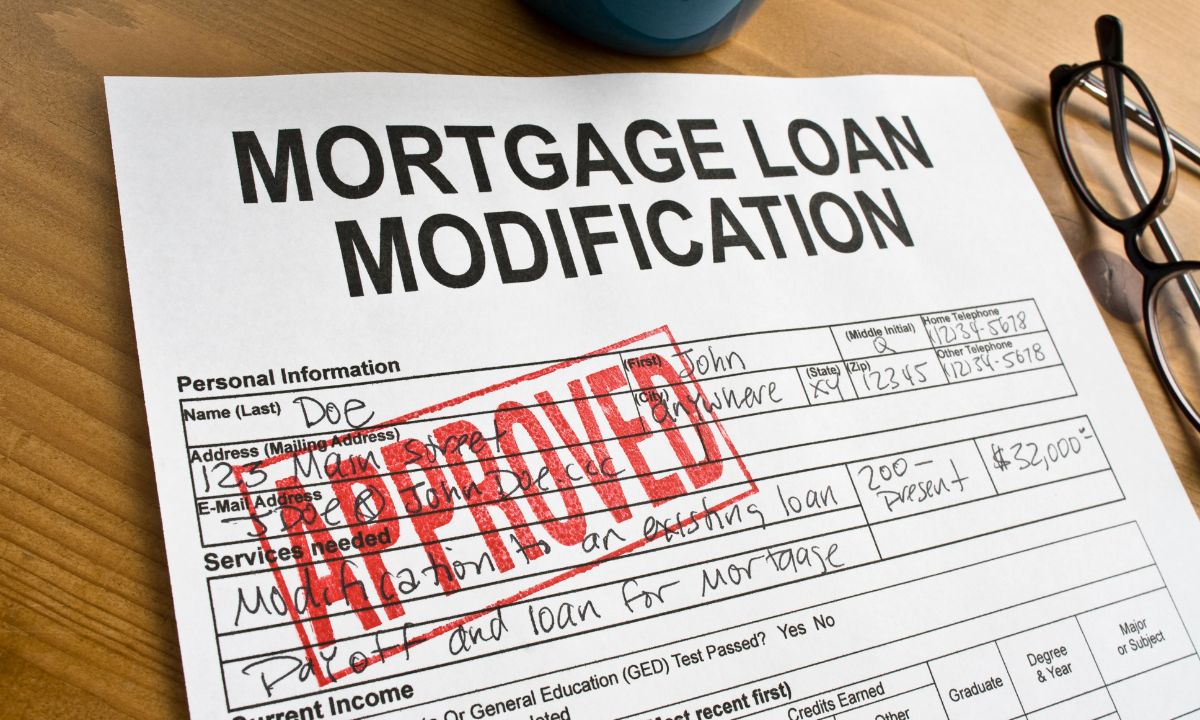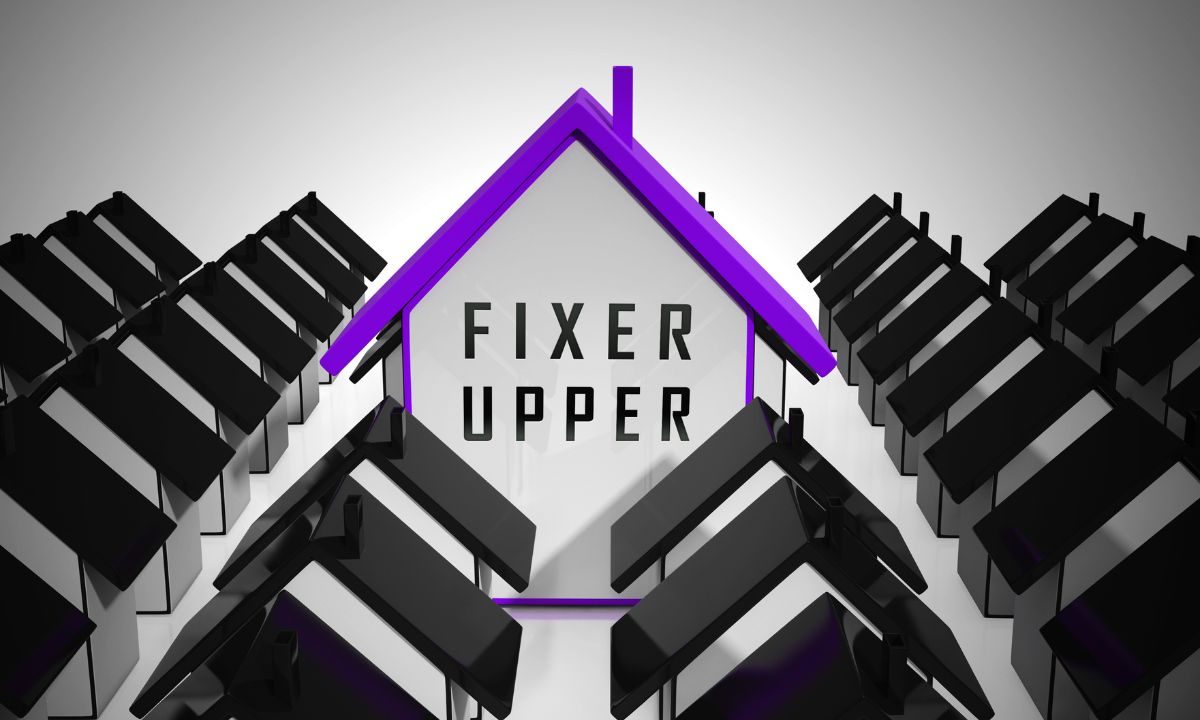
Understand What Having No Credit Score Really Means
Having no credit score is not the same as having bad credit. Bad credit comes from late payments or high balances. No credit simply means you do not use credit often enough for the credit bureaus to generate a score. Lenders can work with this situation, but they need other ways to see your financial reliability. This is where non-traditional credit comes in.
Build a Non-Traditional Credit Profile
When you do not have a traditional score, lenders look for consistent payment history in other areas. They may ask for twelve months of on-time payments for things like rent, utility bills, cellphone bills, streaming services, car insurance, or childcare. These records show that you manage your financial responsibilities, even without credit cards or loans. Keeping clean, on-time payment history helps strengthen your mortgage application.
Show Stable Income and a Strong Employment Record
Income stability plays a much bigger role when you do not have a credit score. Lenders want to see consistent earnings and steady work history, usually for at least two years. Whether you are hourly, salaried, or self-employed, your income needs to show predictability. Pay stubs, tax returns, and bank statements all help demonstrate that you can handle a long-term mortgage payment.
Save for a Comfortable Down Payment
A strong down payment can offset the lack of a credit score. The more you contribute upfront, the lower the lender’s risk. Some loan programs allow smaller down payments for buyers without credit, but saving extra can make approval easier and may help you secure a better rate. A strong savings history also shows lenders that you manage your money responsibly.
Work With a Lender Who Handles Manual Underwriting
Manual underwriting is a review process where a real person evaluates your financial habits instead of relying on an automated system. This is often used for borrowers with no credit score. Not all lenders offer manual underwriting, so finding the right mortgage professional matters. With manual underwriting, your payment history, income stability, and savings habits carry more weight.
Having no credit score does not mean you cannot become a homeowner. With consistent payment history, strong income, responsible budgeting, and the right lender, you can qualify for a mortgage and move forward with confidence. Preparation is the key, and the steps you take now will help you make a stronger financial impression when you apply.
 The Federal Reserve’s preferred inflation indicator — the Personal Consumption Expenditures (PCE) Index — released under delayed conditions, but it was within expectations. Next week will be another Federal Reserve Rate Decision, and it is expected that the Federal Reserve will reduce rates at least one more time. The optimism among the broader market has been showing that multiple sectors that seem unphased by the administrative decisions and current political climate.
The Federal Reserve’s preferred inflation indicator — the Personal Consumption Expenditures (PCE) Index — released under delayed conditions, but it was within expectations. Next week will be another Federal Reserve Rate Decision, and it is expected that the Federal Reserve will reduce rates at least one more time. The optimism among the broader market has been showing that multiple sectors that seem unphased by the administrative decisions and current political climate.  Divorce or separation is a challenging time, and amidst the emotional and logistical complexities, handling mortgage issues can add another layer of stress. For many couples, their home represents not just a financial investment but a symbol of stability and security. However, when relationships break down, decisions about homeownership become crucial. Here is some guidance on how to navigate mortgages during a divorce or separation.
Divorce or separation is a challenging time, and amidst the emotional and logistical complexities, handling mortgage issues can add another layer of stress. For many couples, their home represents not just a financial investment but a symbol of stability and security. However, when relationships break down, decisions about homeownership become crucial. Here is some guidance on how to navigate mortgages during a divorce or separation. In times of financial hardship, such as job loss, medical emergencies, or economic downturns, homeowners may find it challenging to keep up with their mortgage payments. When facing such difficulties, understanding options like mortgage forbearance and loan modification can be crucial for maintaining stability and avoiding foreclosure. Let’s discuss what homeowners need to know about mortgage forbearance and loan modification, including their differences, implications, and how to navigate these options effectively.
In times of financial hardship, such as job loss, medical emergencies, or economic downturns, homeowners may find it challenging to keep up with their mortgage payments. When facing such difficulties, understanding options like mortgage forbearance and loan modification can be crucial for maintaining stability and avoiding foreclosure. Let’s discuss what homeowners need to know about mortgage forbearance and loan modification, including their differences, implications, and how to navigate these options effectively. Are you in the market for a new home? Have you considered the allure of a fixer-upper? While the idea of purchasing a home that needs a bit of TLC might seem daunting at first, numerous benefits come with this type of investment. We will plunge into the exciting world of fixer-uppers and uncover why they might just be the perfect choice for you.
Are you in the market for a new home? Have you considered the allure of a fixer-upper? While the idea of purchasing a home that needs a bit of TLC might seem daunting at first, numerous benefits come with this type of investment. We will plunge into the exciting world of fixer-uppers and uncover why they might just be the perfect choice for you. Inflation reports have shown their cards, and they have come in line with expectations. These newer reports rely on less data from sources overall, which is why the PCE Index remains the Federal Reserve’s preferred inflation indicator—and that distinction is even more relevant now.
Inflation reports have shown their cards, and they have come in line with expectations. These newer reports rely on less data from sources overall, which is why the PCE Index remains the Federal Reserve’s preferred inflation indicator—and that distinction is even more relevant now. Buying a home, a car, or any significant investment often involves making a down payment. The down payment is a crucial part of the purchasing process, as it can impact your loan terms, interest rates, and monthly payments. But how much should you save for a down payment, and why is it so important?
Buying a home, a car, or any significant investment often involves making a down payment. The down payment is a crucial part of the purchasing process, as it can impact your loan terms, interest rates, and monthly payments. But how much should you save for a down payment, and why is it so important? The contemporary trend towards expansive dimensions is palpable in various aspects of modern life. Oversized soft drinks, large fast-food meals, and expansive smartphones have become ubiquitous. However, one unlikely sector experiencing a similar trend is the realm of mortgages.
The contemporary trend towards expansive dimensions is palpable in various aspects of modern life. Oversized soft drinks, large fast-food meals, and expansive smartphones have become ubiquitous. However, one unlikely sector experiencing a similar trend is the realm of mortgages. Home is where the heart is, and it’s also where you should feel the safest. Ensuring the security of your home has never been more attainable. Home security systems have evolved from simple locks and alarms to sophisticated, interconnected networks that provide round-the-clock protection. We will explore the latest innovations and timeless strategies to keep your home safe and secure.
Home is where the heart is, and it’s also where you should feel the safest. Ensuring the security of your home has never been more attainable. Home security systems have evolved from simple locks and alarms to sophisticated, interconnected networks that provide round-the-clock protection. We will explore the latest innovations and timeless strategies to keep your home safe and secure. It’s easy to get Private Mortgage Insurance (PMI) confused with homeowners’ insurance, but PMI is an entirely different thing that may or may not be necessary when it comes to your home purchase. If you’re going to be investing in a home in the near future and are wondering what PMI may mean for you, here are some things to consider regarding this type of insurance.
It’s easy to get Private Mortgage Insurance (PMI) confused with homeowners’ insurance, but PMI is an entirely different thing that may or may not be necessary when it comes to your home purchase. If you’re going to be investing in a home in the near future and are wondering what PMI may mean for you, here are some things to consider regarding this type of insurance.